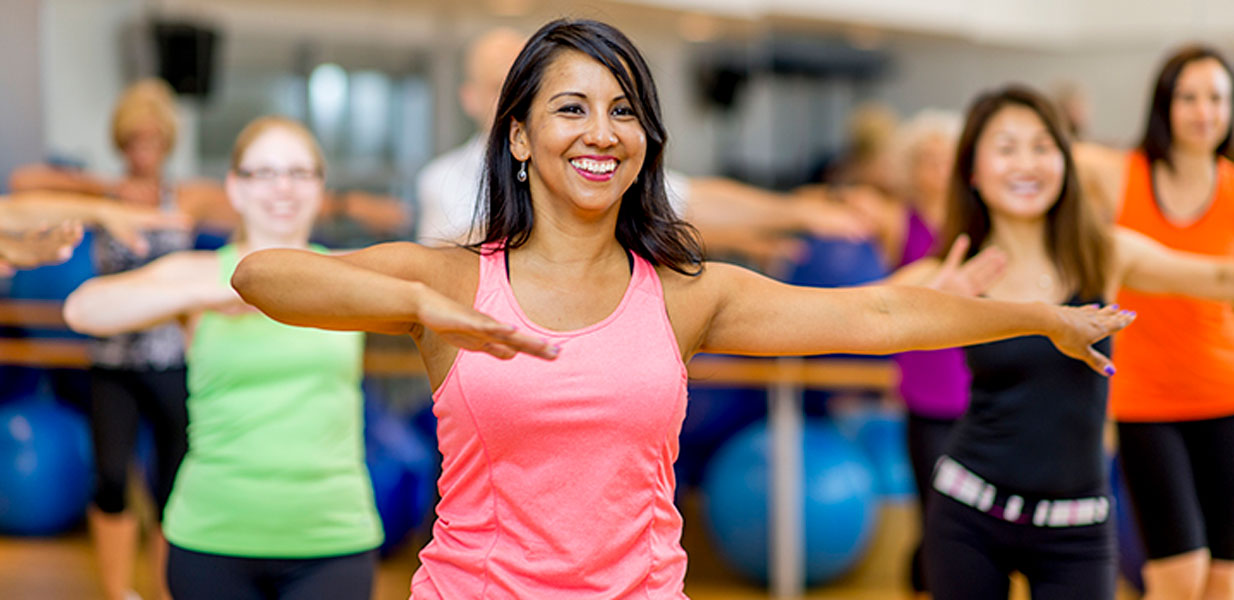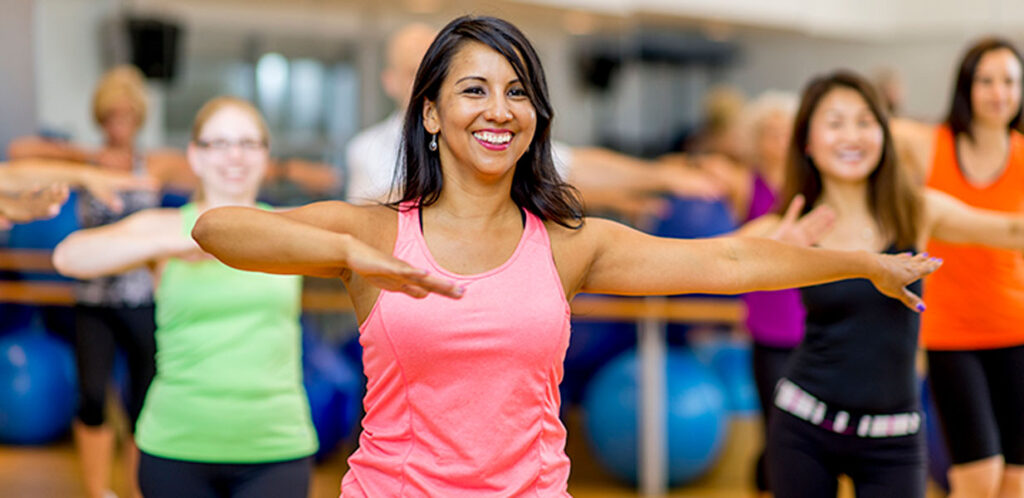As we grow older our body changes and we need to adapt accordingly to lead a healthy life. The changes that come about are mainly hormonal. Falling estrogen levels in women lead to menopause and testosterone in men leads to andropause. Mood swings, flagging enthusiasm for life, weakening of muscles, failing memory, are all common with age, unless specifically addressed.

Staying fit includes emotional, social, spiritual, intellectual, creative and financial wellbeing, besides physical fitness. The most important thing is to feel engaged with life and find meaning in what one is doing.
Here are some tips to stay healthy as we age.
Weight
Obesity is detrimental to heart health. Obese individuals are prone to depression, fatty liver, high blood pressure, diabetes, stroke, sleep apnea and numerous health problems that decrease quality of life.
Monitor your weight and your waistline.
Weight loss should focus on ‘fat loss’ and not muscle loss. The weighing scale needs to be used with caution. Weigh yourself by all means but keep in mind that you should preserve the muscle and lose fat. Age slows down metabolism. One must maintain active muscle tissue through weight training.
Keeping track of your waist circumference is the simplest way to gauge fat loss.
Ideally the waistline should be between 78–90 cm for men and 72–80 cm
for women.
Exercise, muscle strength and mass
Strength training is an extremely important pillar of fitness to build muscle strength and mass, especially as we age. We tend to gain fat and lose muscle as we grow older, especially if we are not actively training to build or sustain muscle mass. Indians inherently have a low muscle mass. Muscles are integral for our daily functioning and become even more important as we age. Weakness and ‘fragility’ result from lack of muscle strength. Building muscle mass with weight training will optimise health, day-to-day functionality, wellbeing and also burn fat.
Include cardio (walking, cycling or swimming), strength training and some form of exercise like yoga into your routine for flexibility. Do not start high impact activity like running without first training to strengthen the muscles around the knees in order to prevent injury. This is especially true after 40.
Regular exercise also
- Keeps the mood elevated with the release of endorphins
- Maintains and improves memory
- Prevents fat gain
- Improves posture
- Prevents aches and pains
- Improves decision-making
- Increases vitality and
- Prevents age and lifestyle-related diseases such as diabetes, hypertension, obesity and heart disease.
Diet
“Let food be thy medicine and medicine thy food,” said Hippocrates.
What you eat can heal you or make you ill.
Crash dieting is not the ideal way to lose weight in the long run. While you may lose some weight in the short term, starvation diets are certainly not sustainable. Your diet should aim at maintaining an ideal weight, nourish you and be sustainable.
Keep your carbs from the bread/cereal/grain group to an absolute minimum. Consume plenty of vegetables, fruits and protein from beans, legumes, seeds and nuts.
Fast food, processed food and sugar are best avoided. Food that is cheap, easily available and extensively marketed by large food companies (read —
packaged food with preservatives, a shelf life and a laundry list of ingredients) is often the ‘go-to’ food when you are hungry. It is easier to buy a packet of biscuits or quick-cooking noodles for instance. The health benefits of these foods are far from ideal. Besides, the added sugar, salt and other ingredients make such foods excessively tasty and even addictive.
Move more
Exercising for an hour does not give you the licence to stay sedentary the rest of the day.
Sitting is considered the new smoking. Sitting for hours on end results in poor posture, weight gain, depression, a shorter lifespan, diabetes, high blood pressure, deep vein thrombosis and other health issues. Even some forms of cancer like those of the colon, breast and uterus are found to be more in sedentary individuals.
- Make a conscious effort to move more
- If you are in a desk job, get up and move around every 20–30 minutes
- Do exercises such as push-ups, squats or tricep-dips against your chair
- Climb the stairs instead of taking the elevator. Stand while watching TV
- Have a walking meeting
- Invest in a standing desk so you can opt to stand and work from time to time.
- Walk around at every commercial break of your favourite TV programme
- Innovate and move more.
Create some ‘me-time’
As we grow older, one luxury we can well afford is time spent on ourselves. With children mostly grown up and much of the angst of our younger years behind us, we can now focus on our own growth. This ‘me-time’ should include practices that enhance our lives. Self-discovery, exploring interests, travel, spending time in nature, exercise and meditation can all feature.
Being engaged with your work will keep your brain differently absorbed, especially if you enjoy your work and it challenges you. It can of course prove stressful when it conflicts with personal life and family. Creating some time for yourself becomes even more important to deal with added stressors.
Focus on the rest of your life
Other aspects of your life are also important. Intellectual and creative growth can be enhanced by pursuing activities you perhaps had no time for earlier.
Intellectual wellbeing. Take care of your brain. The brain deteriorates with disuse like any other muscle in the body. Improving and maintaining brain health takes effort. Spending time in nature is a simple way of improving wellbeing.
Keep challenging your brain. Learn something new every year — a new language, musical instrument or physical activity.
Social and emotional wellbeing refers to your connections with other people. Do you enjoy a few deep relationships? Do you have connections that you truly enjoy and in which you can be vulnerable if you need to do so? Relationships in which you feel ‘safe’ and not judged? Research from the Blue Zones like Okinawa in Japan, Sardinia in Italy and Loma Linda in California, where the life expectancy is longer than average, found that social connections matter. Loneliness kills. Staying connected socially takes time and effort. If you have neglected it while you were busy looking after your family and building your career, now maybe a good time to re-establish connections and nurture relationships. Strong relationships are invaluable, especially as you age.
Set aside quality time each day for an important relationship in your life. Ensure you have few truly valuable ones.
Manage stress better. While stress is inevitable, how you manage it is critical for wellbeing. Excessive, mismanaged stress can lead to cognitive decline over a period of time. Practise stress management tools such as breathing, meditation, massage, exercise, music or talk therapy.
Find a cause. Find a bigger meaning in life. It could be anything from supporting a cause, exploring philosophy or spiritual practices.
The author, an obstetrician and gynaecologist, is a fitness and lifestyle consultant, and has published two books: Get Size Wise; Gain to lose.
www.drsheela.nambiar.com






